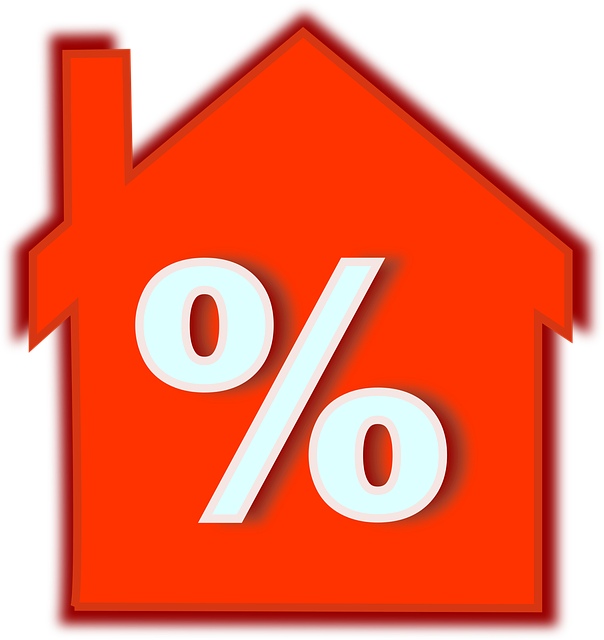Debt consolidation loans with variable interest rates offer cost savings and flexibility for borrowers with high debt, even with bad credit. These loans adjust payments based on market conditions, saving money if rates drop. However, strategic planning is crucial to manage fluctuating rates and maintain positive cash flow. Lenders assess credit score, debt-to-income ratio, employment history, and debt type during application.
Tired of juggling multiple debts with rising interest rates? Secure debt consolidation with flexible variable rates offers a potential solution. This article guides you through understanding debt consolidation loans, harnessing the benefits of variable interest rates, and navigating factors affecting approval. We also provide strategies for managing flexible debt effectively. Discover how to take control of your finances and simplify repayment terms with these powerful tools.
- Understanding Debt Consolidation Loans
- Benefits of Variable Interest Rates
- Factors Affecting Loan Approval
- Strategies for Managing Flexible Debts
Understanding Debt Consolidation Loans

Debt consolidation loans have become a popular choice for many individuals seeking to manage their debt more effectively. These loans work by combining multiple high-interest debts into one single loan, often with a lower interest rate and more manageable repayment terms. The primary goal is to simplify financial obligations and help borrowers save money in the long run. One crucial aspect to consider when exploring this option is the choice between fixed and variable interest rates.
Debt consolidation loans: fixed vs. variable rates offers a significant difference in how the loan’s interest fluctuates over time. A fixed-rate loan maintains a consistent interest rate throughout the borrowing period, providing borrowers with predictability and protection against potential rate increases. In contrast, variable rates can change periodically based on economic conditions, allowing for initial lower rates but potentially leading to higher costs if rates rise. For those with stable financial circumstances, a fixed rate might be preferable. However, when is a variable rate loan best? Variable rates can be advantageous for borrowers who plan to pay off their debt quickly or have the flexibility to adjust repayments if rates drop. It’s a balance between stability and potential savings, and understanding these options is key to making an informed decision regarding debt consolidation in the UK, especially for those with bad credit.
Benefits of Variable Interest Rates

One of the key advantages of debt consolidation loans with variable interest rates is their potential for significant cost savings. Unlike fixed-rate loans that maintain a consistent payment throughout, variable rates fluctuate based on market conditions. This means that if interest rates drop, so does your loan payment, providing immediate relief on your monthly budget. Over time, this can translate into substantial savings, especially with larger debt balances.
Moreover, variable rate loans offer flexibility in debt management. As interest rates change, you may be able to adjust your repayment terms to suit your financial situation. This is particularly beneficial when navigating unexpected life events or economic shifts. However, it’s crucial to understand variable loan terms and conditions thoroughly, including the cap on rate increases, to avoid high fees and ensure a smooth borrowing experience.
Factors Affecting Loan Approval

When applying for debt consolidation loans, several factors influence loan approval. One significant aspect is your credit score; lenders typically prefer higher scores as it indicates responsible borrowing and repayment history. However, even with less-than-perfect credit, options are available, especially with a debt consolidation loan tailored to your needs. Lenders assess your debt-to-income ratio, ensuring your income covers your existing debts and the new consolidation loan. This process helps determine the amount you can borrow.
Additionally, lenders consider your employment history and stability, as well as the type of debt you’re consolidating. Variable interest rates for debt consolidation loans are often attractive due to their potential for lower initial rates compared to fixed rates. Compare fixed vs. variable rate options carefully; a variable rate could be suitable if you expect your income to grow or prefer an adjustable payment path. Despite bad credit, it’s possible to fix high debt with a strategically chosen variable rate consolidation loan.
Strategies for Managing Flexible Debts

When it comes to managing a debt consolidation loan with a variable interest rate, several strategic approaches can help borrowers stay on top of their finances. First, understanding the terms and conditions of the loan is paramount. Borrowers should clearly grasp how the interest rate fluctuates and set up regular monitoring of their credit reports to track any changes. This proactive approach ensures they are prepared for rate adjustments and can make informed decisions.
Additionally, creating a detailed budget that accounts for the variable debt payments is essential. By allocating specific funds for these loans, individuals can effectively manage their cash flow and avoid overspending. Regularly reviewing and adjusting the budget as needed will help borrowers stay within their financial means while fixing high debt with a variable rate consolidation.
Debt consolidation loans with flexible, variable rates offer a viable solution for managing debt. By understanding the benefits of this approach, being aware of factors influencing approval, and employing strategies to manage variable interest rates effectively, individuals can navigate this option with confidence. Debt consolidation loans provide an opportunity to simplify repayment, potentially reduce overall interest paid, and gain financial control—all while leveraging the flexibility offered by variable rates.
